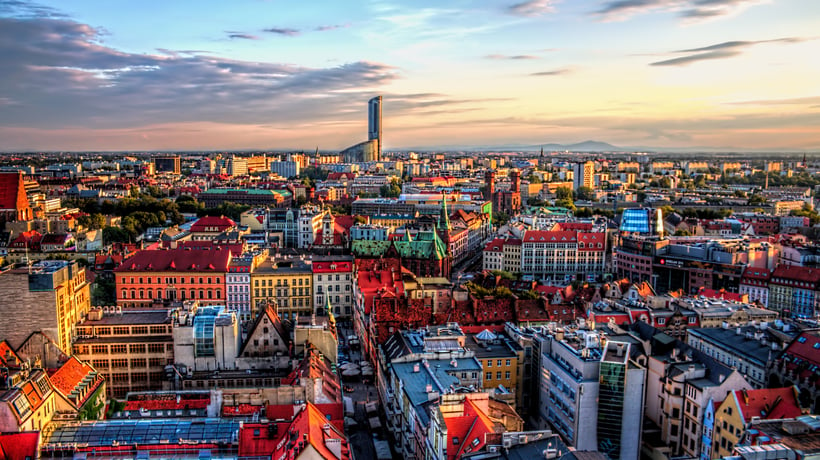VISAS
What is a C-type visa?
The Uniform Schengen Visa is valid in the Schengen Area and permits its holder to remain in the territory of all of the Schengen Area Member Countries for a maximum of 90 days during a 180-day period.
Schengen Visa with limited territorial validity is valid in the territory of one or more Schengen Area Member States, but not in all the Schengen Area Member States and permits its holder to remain in their territories for a maximum of 90 days during a 180-day period.
What documents are needed when applying for a C-type visa?
- A travel document (passport document) which: is valid for at least three months after the planned date for leaving the Schengen Area or, in the event of multiple visits, after the planned date for the last leave of the Schengen Area, contains at least two blank pages, was issued during the last ten years;
- a filled out and signed visa application;
- a photograph;
- a proof of visa payment;
- a medical travel insurance whose coverage amounts to not less than EUR 30,000, valid throughout the Schengen Area, and covering all expenses that may arise in connection with the need to return for medical reasons, a medical emergency, urgent hospitalization or death.
- Supporting documents:
- a document confirming the purpose of travel;
- a document confirming possession of adequate financial resources to cover the costs of living during the planned stay and to cover the costs of return to the country of origin or residence, or to cover the costs of transit to a third country, which will certainly give permission for entry, or documents confirming that the applicant can legally obtain such funds;
- a document concerning accommodation or possession of financial resources to cover the costs of accommodation;
- a document that permits to assess whether the applicant will leave the Schengen Area before the visa expires.
- Supporting documents may be different depending on the country where a visa application is submitted.
For more details, please contact the relevant consular post.
- If You want to submit a visa application, please register with E-KONSULAT!
- List of countries whose citizens are required to have visas when entering Poland: LINK
PERMITS
FOREIGNERS IN POLAND:
|
Citizens of the European Union (EU) |
European Economic Area Economic Area (EEA - Norway, Iceland, Liechtenstein) and Swiss Confederation (KSz) and members of their families |
Citizens of third countries |
Legalisation of residence for EU, EEA and NSZ citizens
Every citizen of the EU may reside in the territory of Poland for a period of three months. After this period, the stay should be registered.
- The registration of residence of EU citizens is handled by the Voivodeship Office: LINK
Legalisation of residence for third-country nationals.
Third-country nationals may reside in Poland under the following conditions:
a) Visa-free stay - up to 90 days in each consecutive 180-day period. Applies only to selected countries (for holders of biometric passports or valid residence cards of other EU countries). Check more info and countries that qualify: HERE
b) Visa stay - for the period of validity of the visa, up to a maximum of 12 months. It is possible to apply for a national type D visa or a Schengen type C visa. More info: HERE
- Check whether you need a visa - LINK
c) Temporary residence - a temporary residence application should be submitted to the Voivodeship Office if You intend to stay in Poland for longer than 3 months. The residence permit is granted for a maximum of 3 years. It can be extended as many times as You wish. The application for granting/extending a temporary residence permit must be submitted no later than on the last day of legal stay in Poland. Temporary residence may be granted for various purposes of stay (e.g. work, stay with family, studies).
More information: Temporary stay and work | Connectiong with the family | Study
- Entry and stay options tailored to Your situation: LINK
Legalisation of work for third-country nationals.
In most cases, a work permit is required in addition to legal residence in order to work. The work permit is applied for by the employer who wishes to employ You.
In the case of citizens of the Republic of Armenia, the Republic of Belarus, the Republic of Moldova and Ukraine, there is a simplified procedure in the form of a statement on entrusting work to a foreigner, which is also applied for by the employer.
- Check whether You need a work permit: HERE
- Types of work permits: HERE








